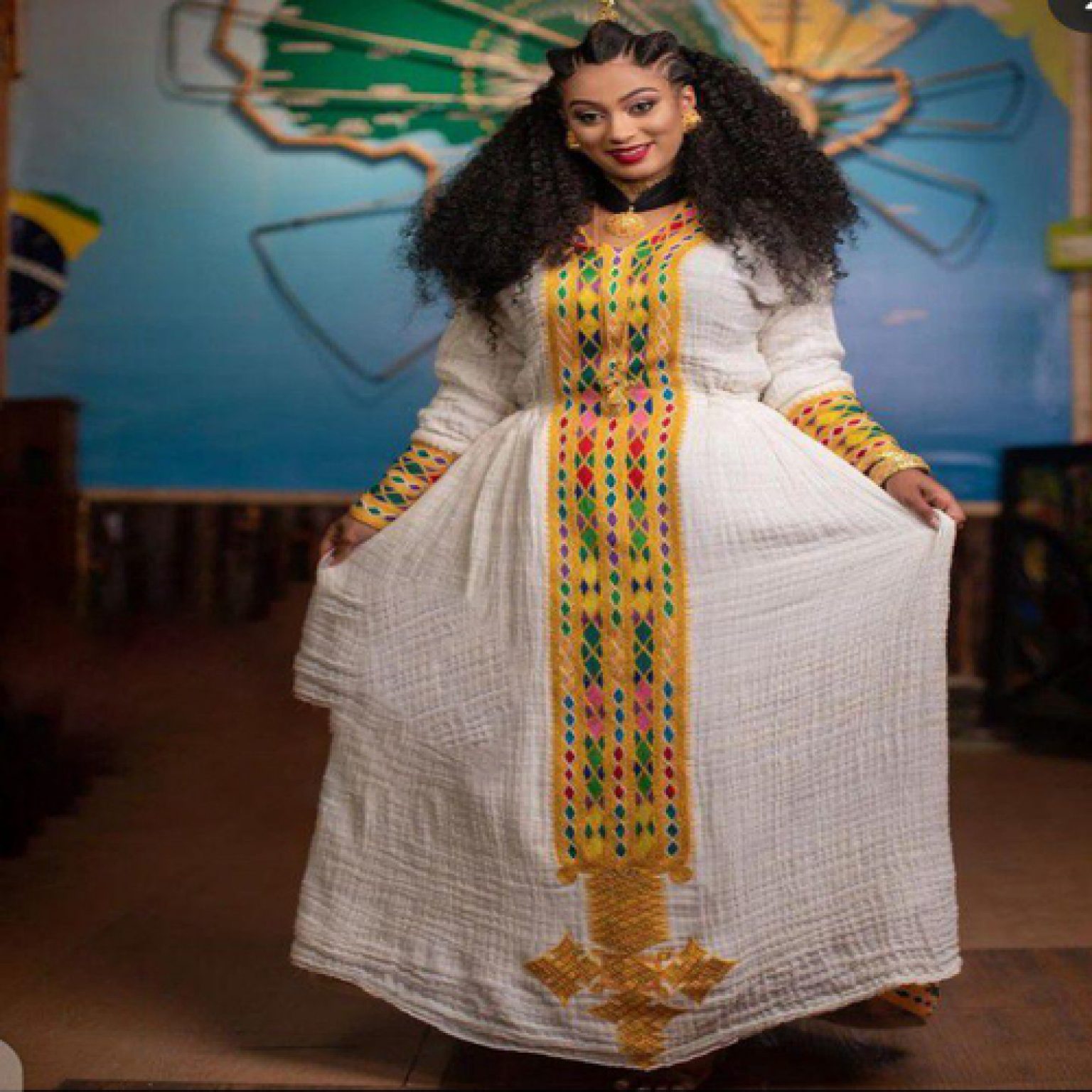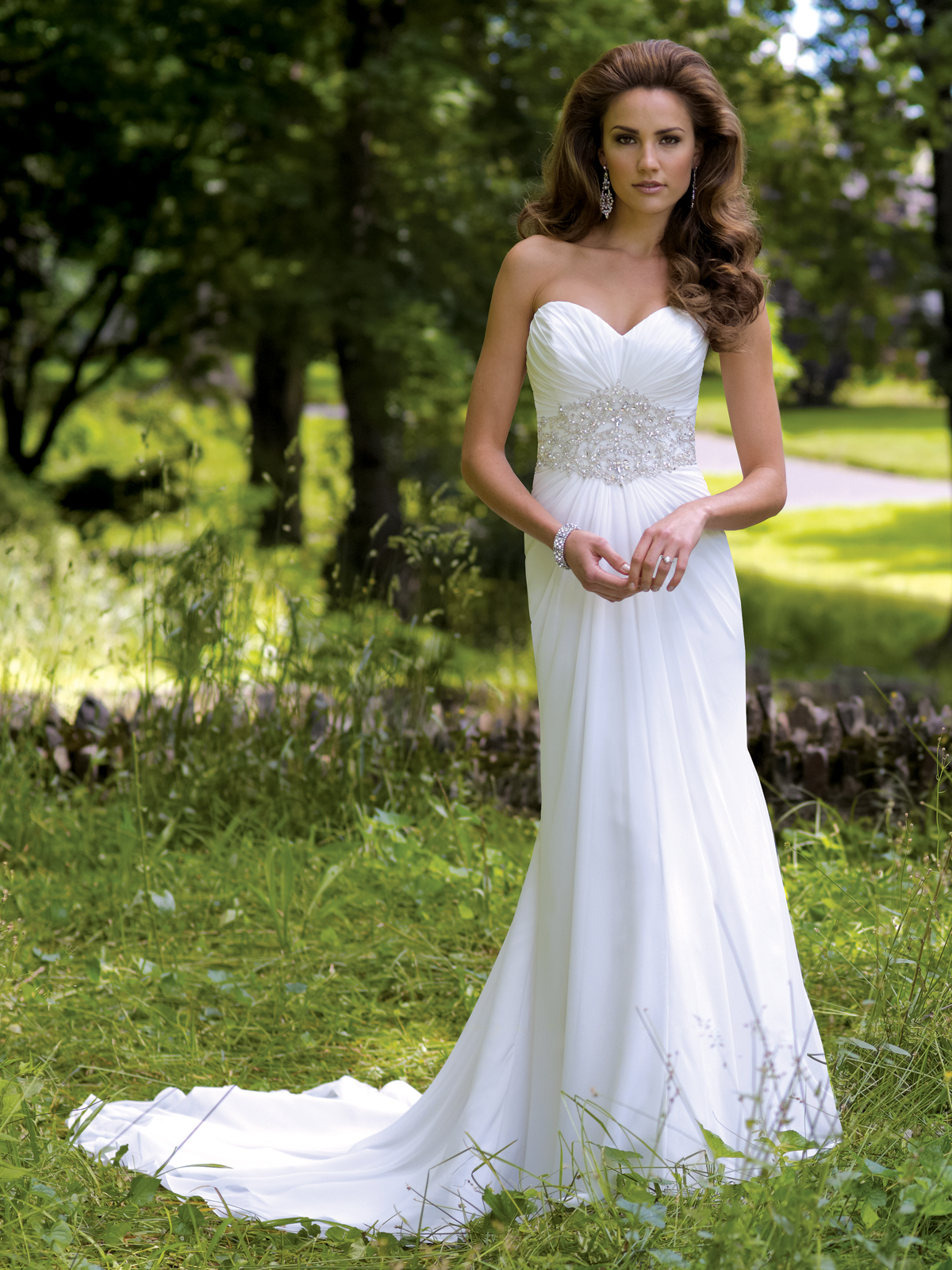Wedding habesha dress
Table of Contents
Table of Contents
The Habesha Wedding Dress is a garment with a rich cultural heritage that dates back centuries. From traditional hand-woven fabrics and intricate embroidery to modern styles influenced by Western fashion, the Habesha Wedding Dress is a beautiful symbol of love and tradition.
Pain Points Related to the Habesha Wedding Dress
Choosing the perfect wedding dress can be quite a challenge, even for those who are familiar with the latest fashion trends. For brides who are looking for a unique and traditional wedding gown, the Habesha Wedding Dress presents a whole new set of challenges. Some brides may find it difficult to navigate the different styles and designs available or may struggle to find a dress that fits their body type perfectly. Others may feel overwhelmed by the number of decisions they need to make, from selecting the right fabrics and colors to designing the perfect embroidery pattern.
The Target of the Habesha Wedding Dress
The Habesha Wedding Dress is traditionally worn by brides from Ethiopia and Eritrea. However, its popularity has spread across the world, and many brides from other cultures are now embracing this unique and beautiful style. The Habesha Wedding Dress is designed to reflect the rich cultural heritage of Ethiopia and Eritrea while incorporating contemporary fashion elements.
Summary of the Article About Habesha Wedding Dress
This article highlights the beauty and significance of the Habesha Wedding Dress, a symbol of love and tradition that dates back centuries. It touches on the challenges brides can face when selecting the perfect Habesha Wedding Dress and answers the target audience’s questions. The article includes personal experiences, images, and alt tags to showcase the different styles and designs available.
The Significance of the Habesha Wedding Dress
The Habesha Wedding Dress is more than just a piece of clothing. It’s a cultural symbol that represents love, marriage, and family ties. Each dress is unique, with intricate patterns and embroidery that tell the story of the bride and groom’s families. The dress is often passed down from generation to generation and is considered a family heirloom.
My personal experience with the Habesha Wedding Dress was a beautiful one. I had always dreamed of wearing a traditional Ethiopian dress for my wedding day, but I was unsure where to start. I reached out to a few designers and explained my vision, and they were more than happy to help me bring it to life. From selecting the right fabric to designing the embroidery pattern, everything was perfect, and I felt like a true princess on my wedding day.
The Different Styles of Habesha Wedding Dresses
There are several styles of the Habesha Wedding Dress, each with its unique features and characteristics. The Zuria is a long, flowing dress with loose sleeves and an embroidered collar. The Tigrigna is a more fitted dress that accentuates the bride’s curves, with intricate embroidery and beading. The Amharic is a more modern twist on the traditional Habesha Wedding Dress, with a shorter hemline and a more fitted silhouette.
Choosing the Right Habesha Wedding Dress
Choosing the right Habesha Wedding Dress can be a daunting task, but there are a few key things to consider. First, decide on the style of dress you want and research different designers who specialize in that style. Look at their portfolios and read reviews from past customers to get a sense of their style and experience. From there, schedule consultations with your top choices and be sure to bring photos and ideas to share with them.
Caring for Your Habesha Wedding Dress
Caring for your Habesha Wedding Dress is essential to keep it looking beautiful for years to come. Always store it in a cool, dry place, and make sure it’s clean and free of any stains before storing it. When it comes to cleaning your dress, always follow the care instructions provided by your designer or dry cleaner.
Question and Answer
Q: What is the significance of the embroidery on the Habesha Wedding Dress?
A: The embroidery on the Habesha Wedding Dress is significant because it tells the story of the bride and groom’s families. The patterns and colors used are often symbolic, and the designs can vary depending on the region and the family’s traditions. Q: Can brides customize their Habesha Wedding Dress?
A: Yes, most designers will work with brides to customize their Habesha Wedding Dress. Brides can choose the fabric, colors, embroidery patterns, and even the overall style of the dress to make it unique and personal. Q: How long does it take to have a Habesha Wedding Dress made?
A: The time it takes to have a Habesha Wedding Dress made can vary depending on the designer and the complexity of the dress. It’s best to allow several months for the design and creation process, especially if you’re having a custom dress made. Q: How much does a Habesha Wedding Dress cost?
A: The cost of a Habesha Wedding Dress can vary depending on several factors, including the materials used, the complexity of the design, and the designer’s experience. It’s best to get a quote from your chosen designer before committing to a dress. Prices can range from a few hundred dollars to several thousand dollars. Conclusion of Habesha Wedding Dress
The Habesha Wedding Dress is a beautiful and unique cultural symbol that represents love, family, and tradition. While choosing the perfect dress can be challenging, it’s worth the effort to find a dress that reflects your personal style and heritage. With its intricate embroidery and stunning designs, the Habesha Wedding Dress is a true work of art that will be cherished for generations to come.
Gallery
Wedding Habesha Dress - The Habesha Web

Photo Credit by: bing.com / habesha
Obtuseangledesign: Ethiopian Habesha Wedding Dress

Photo Credit by: bing.com / ethiopian habesha
Wedding Habesha Dress - The Habesha Web

Photo Credit by: bing.com / habesha
Wedding Habesha Dress - The Habesha Web

Photo Credit by: bing.com / habesha thehabeshaweb
Traditional Habesha Wedding Dress - The Habesha Web

Photo Credit by: bing.com / habesha





